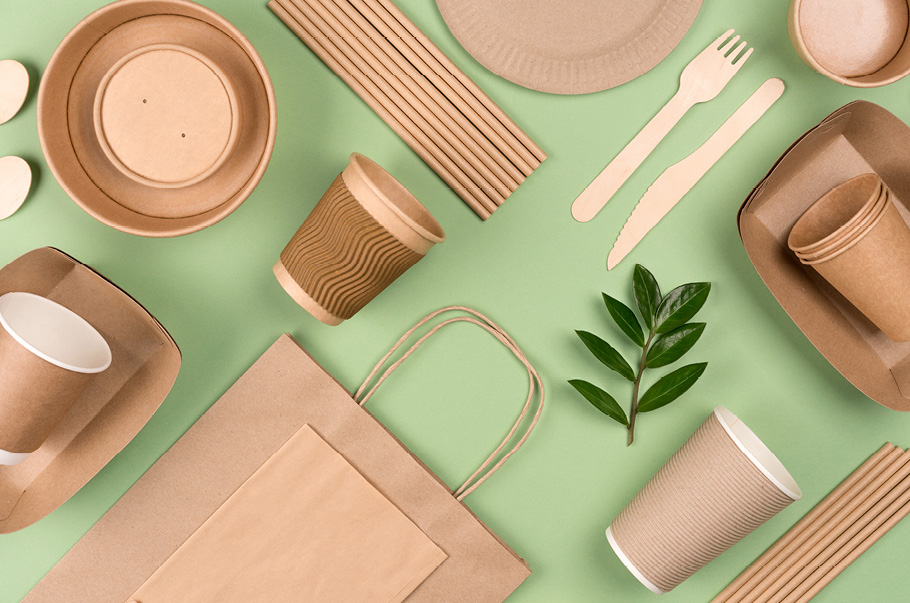Ideal packaging
In a survey conducted by SW Research in July 2022, respondents were asked how important packaging is to them when buying food products. 48% of the respondents said it mattered a lot to them (including 9.7% who considered it very important and 38.3% who considered it rather important). In contrast, 40.6% of the respondents said that the product packaging is of little importance to them (of which 8.7% considered the importance very low, and 31.9% considered it rather low).
“Food product packaging plays a multidimensional role. In addition to the basic protective function, the criterion of environmental responsibility is increasingly important. Thinking about aspirations and plans for 2022, Mintel data shows that 28% of respondents in Poland say they would like to choose products with environmentally friendly packaging”, says Honorata Jarocka, Senior Food and Drink Analyst, Mintel. There are many innovations on the packaging market, but it is important to remember that, above all, the ideal packaging must perfectly fulfil the protective function of the product that is transported in it. Here proven, tested solutions are indispensable. Modification and improvement should meet the needs of the customer seeking convenience in everyday life.
“As part of personal health, consumers are looking for a helping hand and facilitation, hence brands should engage more strongly in the graphical issue of packaging with an emphasis on simple and clear communication of the product benefit. One piece of the communication puzzle could be visual nutritional labelling systems such as Nutri-Score. Almost a third of Poles (32%) agree with the statement saying that nutritional rating systems like Nutri-Score help them find healthier products on the shelf”, comments Honorata Jarocka.
Attract attention!
Very colourful and flashy packaging is slowly becoming a thing of the past in favour of neutral colours associated with naturalness and ecology. At the same time, the market has gradually begun to reduce the amount of plastic consumed. Instead, many green alternatives have emerged, including recyclable and biodegradable packaging. So how can the attention of a potential buyer be attracted? Mention an interesting initiative or contest on the packaging.
“Another important aspect is entertainment and fun. Packaging can fit into the need for around-product engagement, for example, by combining an element of fun with sustainable development. One example is the Nestlé campaign: “Sow seeds, save the bees”, under which the purchase of selected breakfast cereals included a sachet of honey plant seeds. Thus, consumers were encouraged to plant seeds in pots, gardens or meadows”, analyses Mrs. Jarocka.
An interesting alternative is to provide educational content or a recipe using the product on packaging.
“Thinking about additional interaction with the brand, it is still worthwhile to inspire new culinary experiences with out-of-the-box recipes placed on packaging, which remains a desirable practice for consumers, especially Polish ones,” adds the expert.
Give a second life
The trend of so-called upcycling, or giving a second life to products, is also gaining popularity. It is present in many areas of life, including packaging. On the FMCG market, such solutions can be found at the moment mainly in drugstore categories. Some companies have introduced the possibility of refilling bottles with their products at stations specially designed for this purpose. An example is the YOPE brand, which has set up its refilling facilities in selected drugstores of the Super-Pharm chain. At these points one can refill reusable packaging with liquid soap, shower gel, shampoo or dishwashing liquid, among others.
The packaging should look good, be eye-catching and informative – with information not only about the product, but also about the materials used, the company’s initiatives and approach. And above all – protect the product throughout the supply chain.
Monika Górka, Managing Editor












